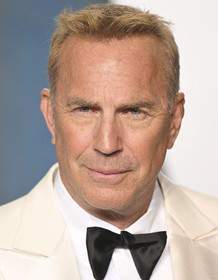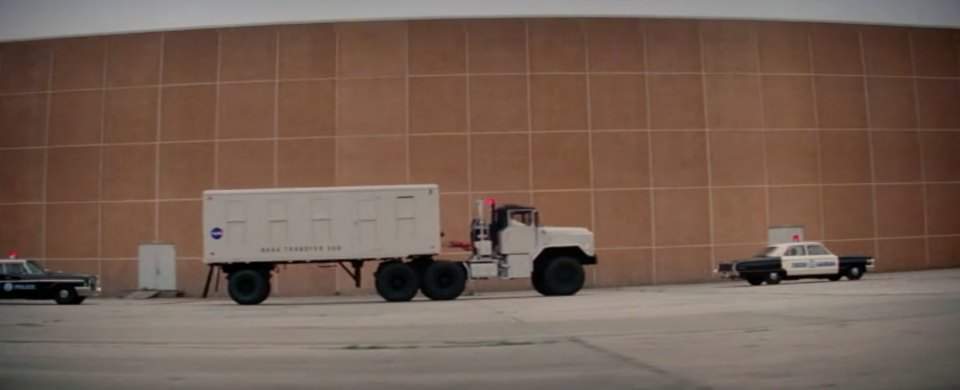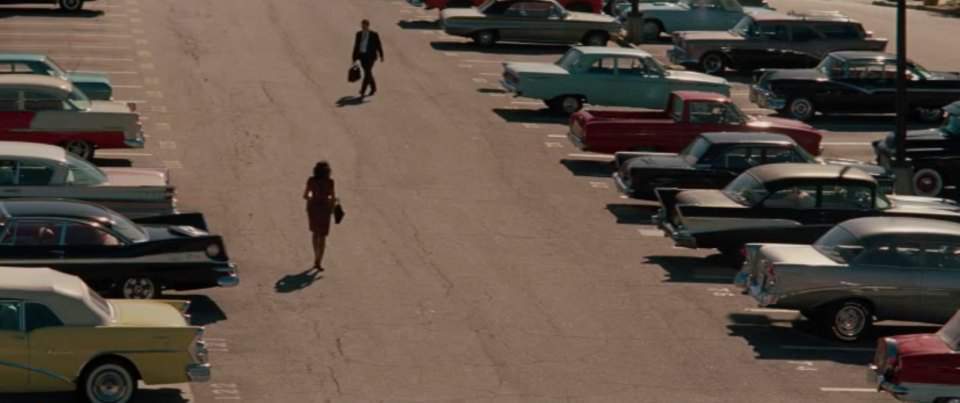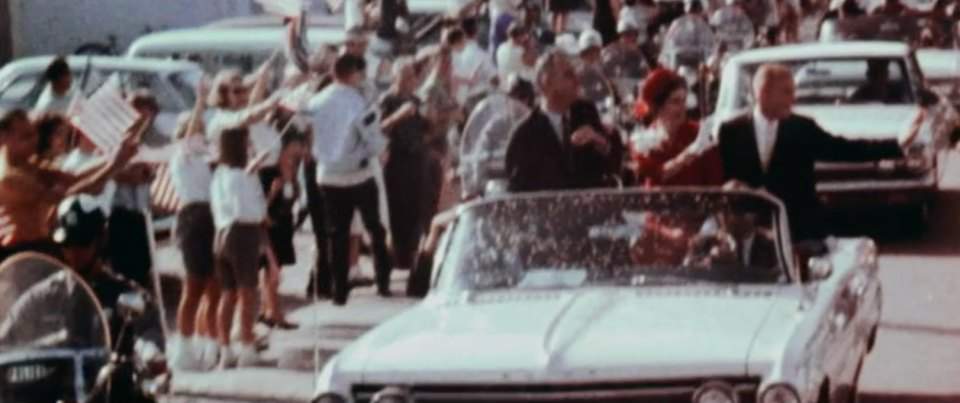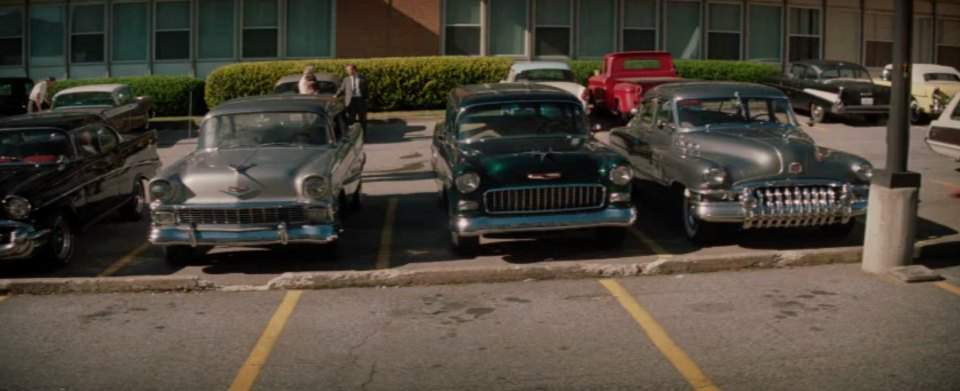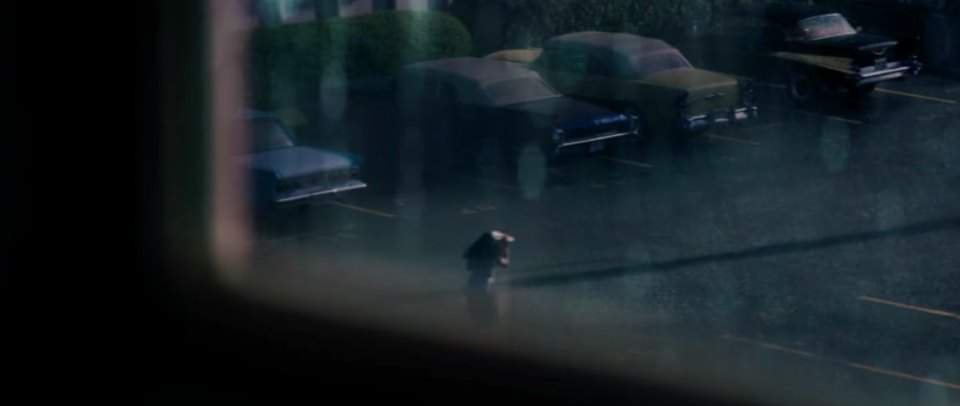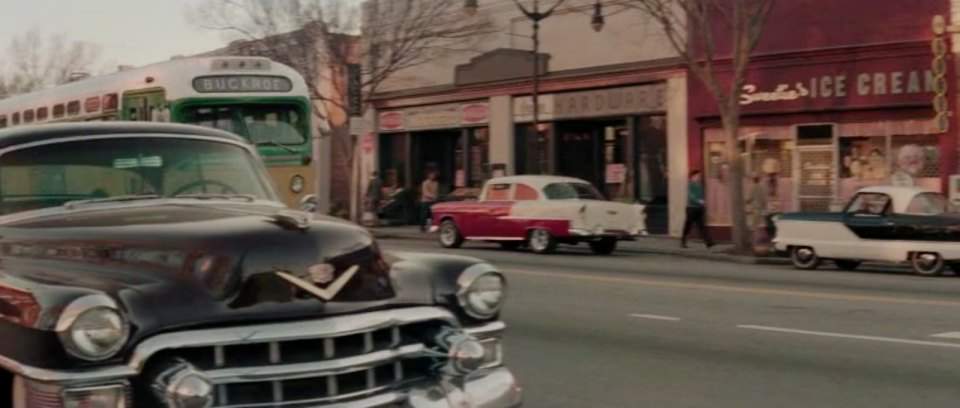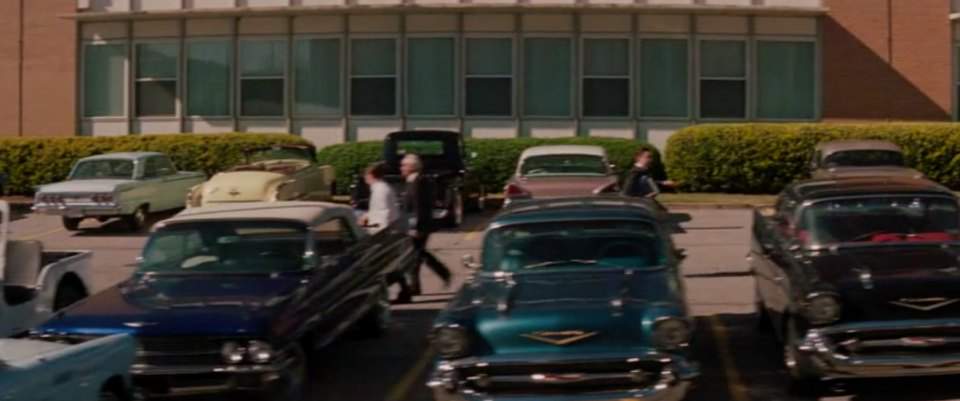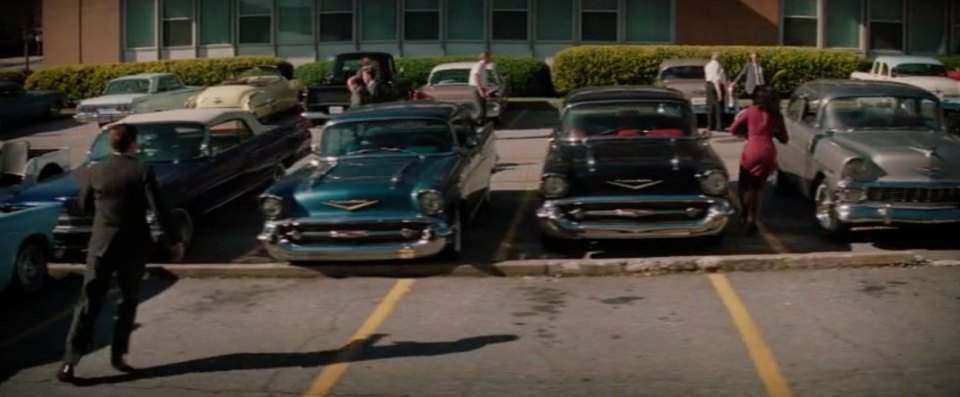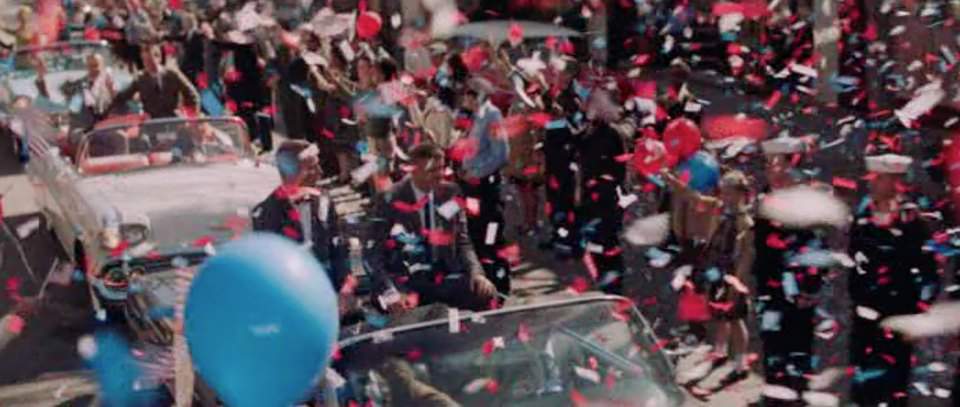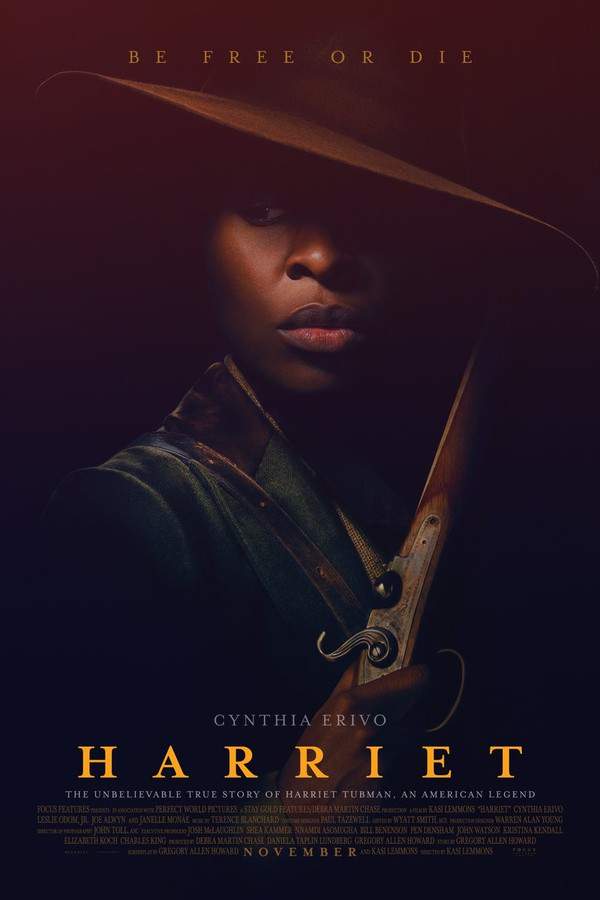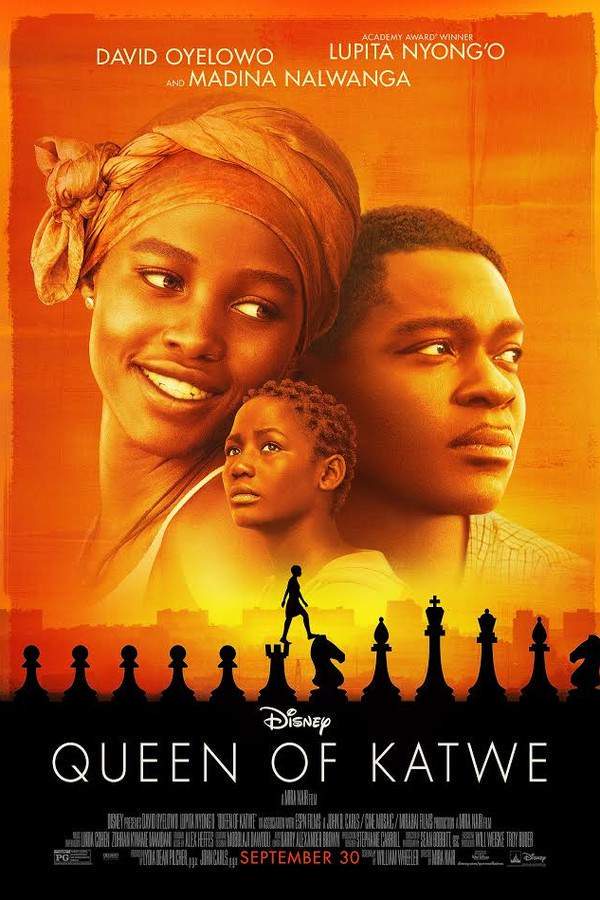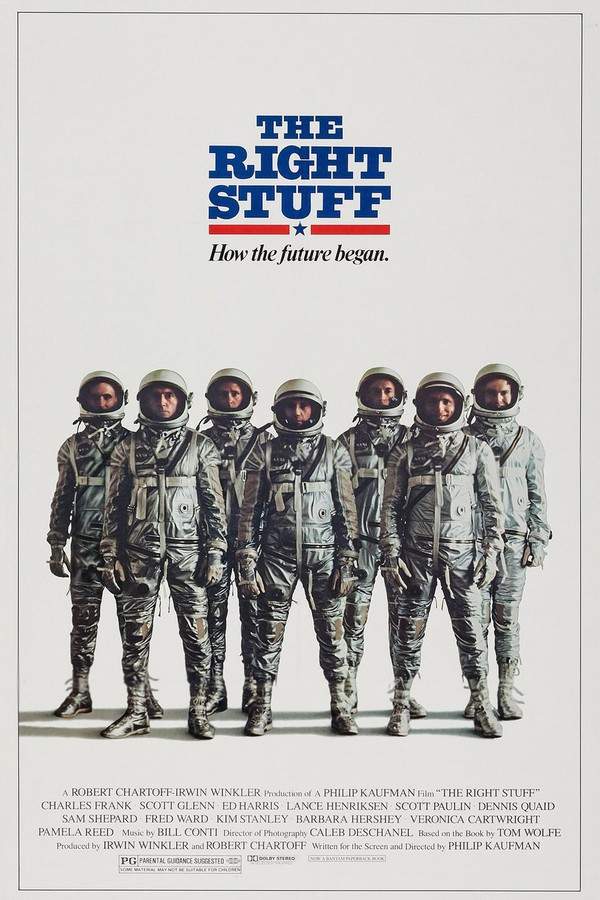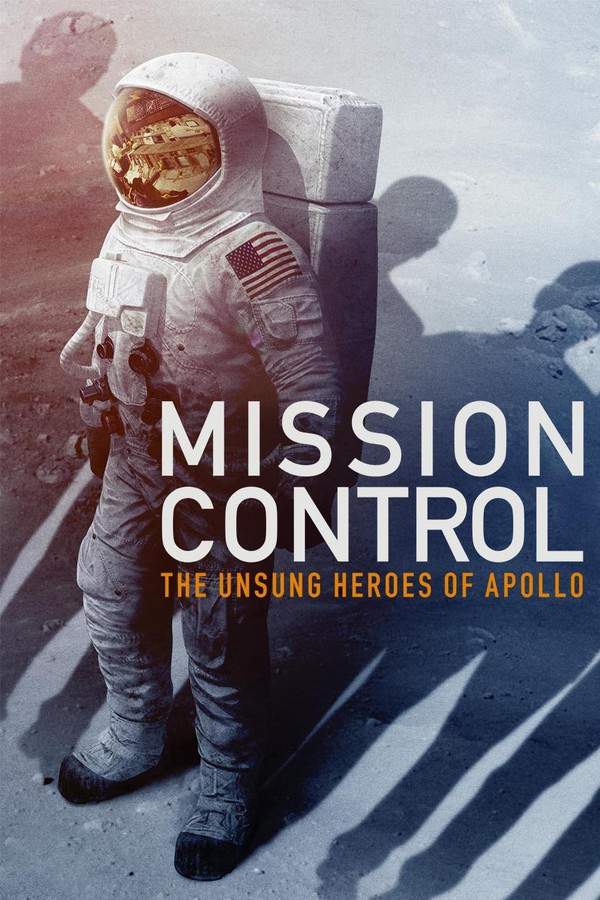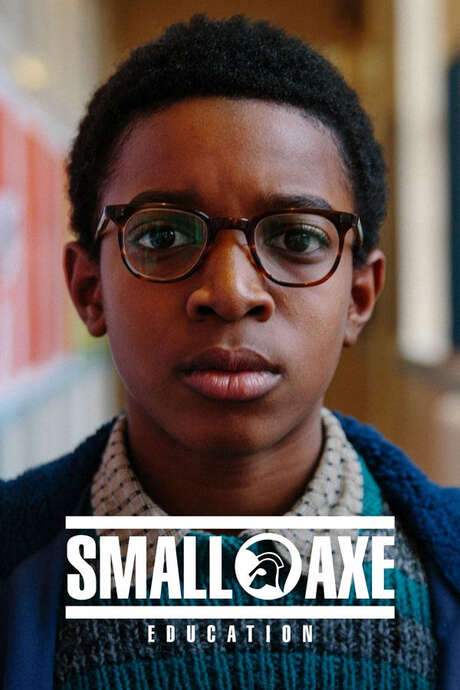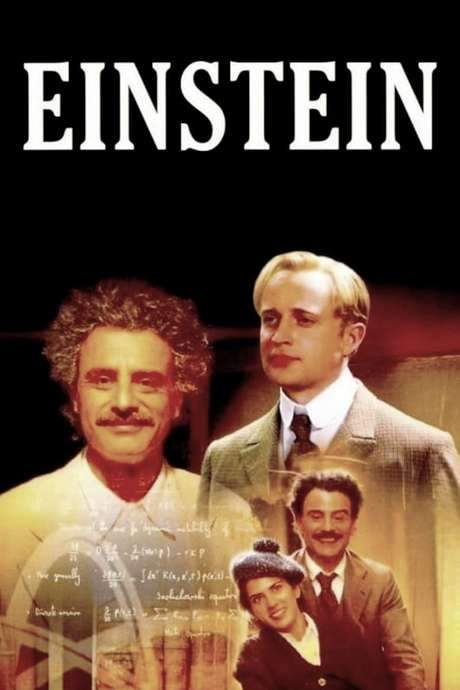Hidden Figures 2016
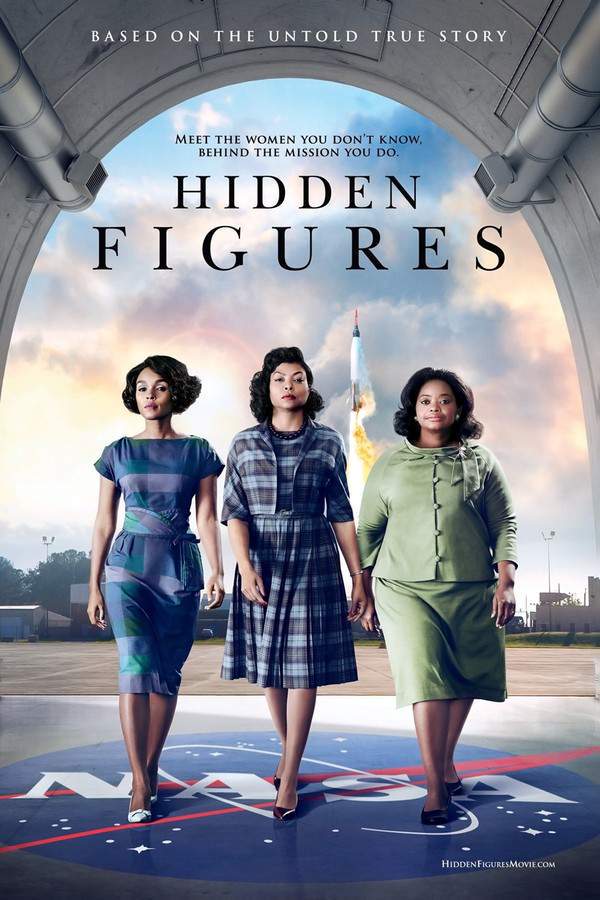
During the Space Race of the Cold War, NASA's ambition to explore space relies on a team of brilliant African-American women. Dorothy Vaughn, Mary Jackson, and Katherine Johnson overcome racial and gender barriers to become the agency's vital "human computers," performing complex calculations that are crucial to some of the most significant achievements in American space exploration. Their contributions are essential to the success of early space missions, and their story highlights a pivotal moment in U.S. history.
Does Hidden Figures have end credit scenes?
No!
Hidden Figures does not have end credit scenes. You can leave when the credits roll.
Meet the Full Cast and Actors of Hidden Figures
Explore the complete cast of Hidden Figures, including both lead and supporting actors. Learn who plays each character, discover their past roles and achievements, and find out what makes this ensemble cast stand out in the world of film and television.
External Links and Streaming Options
Discover where to watch Hidden Figures online, including streaming platforms, rental options, and official sources. Compare reviews, ratings, and in-depth movie information across sites like IMDb, TMDb, Wikipedia or Rotten Tomatoes.
Ratings and Reviews for Hidden Figures
See how Hidden Figures is rated across major platforms like IMDb, Metacritic, and TMDb. Compare audience scores and critic reviews to understand where Hidden Figures stands among top-rated movies in its genre.

74
Metascore
7.5
User Score


93%
TOMATOMETER

93%
User Score

7.8 /10
IMDb Rating

81
%
User Score

3.9
From 3.5K fan ratings

4.45/5
From 147 fan ratings
Take the Ultimate Hidden Figures Movie Quiz
Challenge your knowledge of Hidden Figures with this fun and interactive movie quiz. Test yourself on key plot points, iconic characters, hidden details, and memorable moments to see how well you really know the film.
Hidden Figures Quiz: Test your knowledge on the inspiring true story of Katherine Johnson and her colleagues in Hidden Figures.
Who is the first African-American woman to be assigned to the Space Task Group?
Katherine Johnson
Mary Jackson
Dorothy Vaughan
Al Harrison
Show hint
Awards & Nominations for Hidden Figures
Discover all the awards and nominations received by Hidden Figures, from Oscars to film festival honors. Learn how Hidden Figures and its cast and crew have been recognized by critics and the industry alike.
89th Academy Awards 2017

Best Picture
Writing (Adapted Screenplay)
70th British Academy Film Awards 2017
Best Adapted Screenplay
23rd Annual Screen Actors Guild Awards 2017

Outstanding Performance by a Cast in a Motion Picture
32nd Artios Awards 2017
Big Budget – Drama
74th Golden Globe Awards 2017

Best Original Song
22nd Critics' Choice Awards 2016
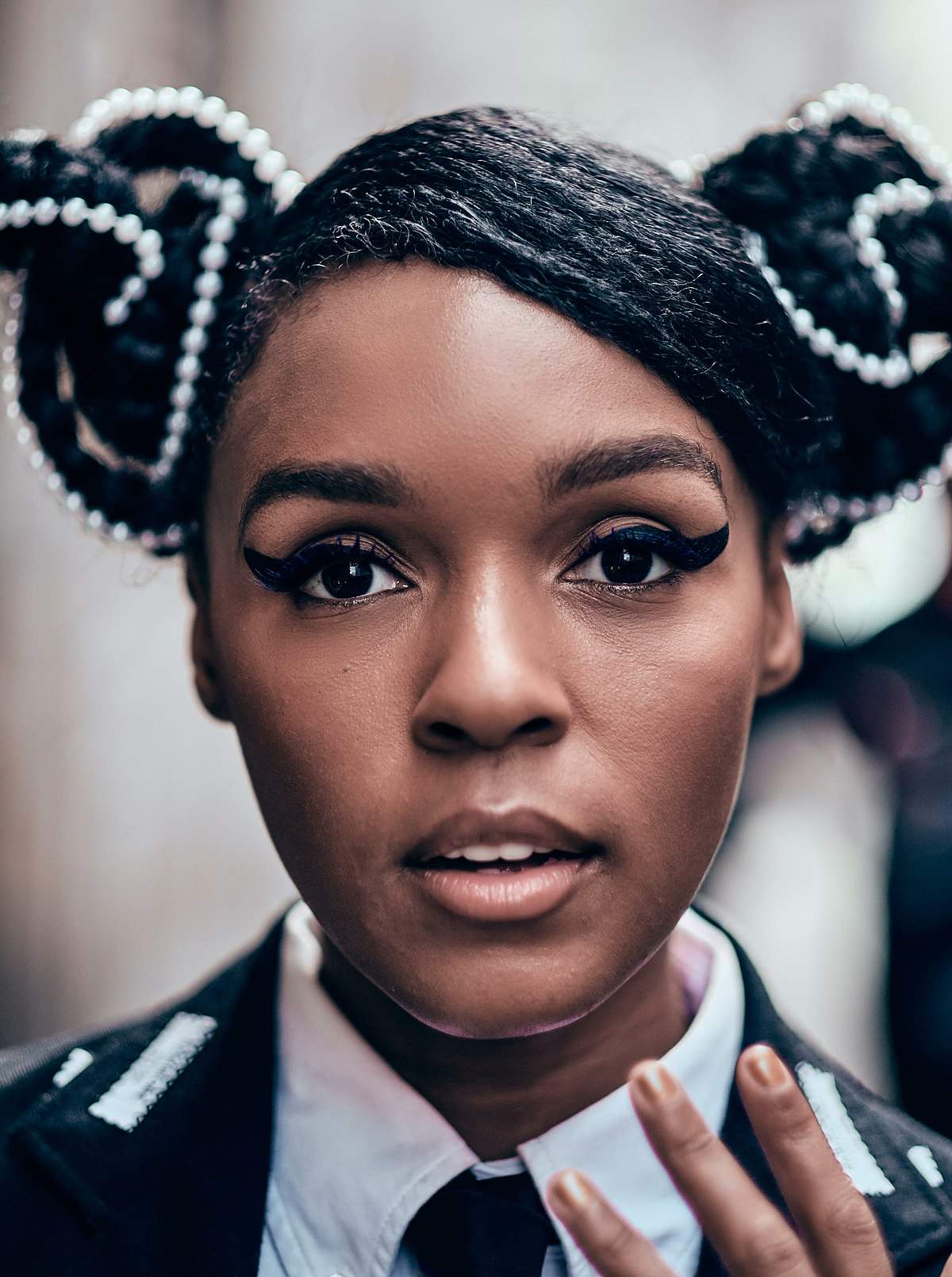
Best Acting Ensemble
Best Adapted Screenplay
Full Plot Summary and Ending Explained for Hidden Figures
Read the complete plot summary of Hidden Figures, including all major events, twists, and the full ending explained in detail. Explore key characters, themes, hidden meanings, and everything you need to understand the story from beginning to end.
As Katherine Goble Johnson navigates the deeply segregated landscape of Langley Research Center in Hampton, Virginia, in 1961, she becomes a pivotal figure among a small group of African-American women colleagues, including Mary Jackson and Dorothy Vaughan. These talented women find themselves assigned to perform menial mathematical calculations without an understanding of their critical purpose. The glaring segregation based on both race and gender shapes their daily experiences, particularly for Katherine, who is brought into Al Harrison’s Space Task Group due to her remarkable skills in analytic geometry, making her the first Black woman on that team. However, she faces constant challenges, particularly from engineers like Paul Stafford, who often dismiss her contributions.
Mary Jackson is assigned to the space capsule heat shield team, where her keen eye quickly identifies a critical design flaw. Supported by her team leader, Karl Zielinski, a Polish-Jewish Holocaust survivor, Mary pursues a NASA engineering position. Despite facing derision for her educational background, she refuses to back down. Demonstrating astounding courage, she petitions to attend all-white night classes at Hampton High School, ultimately winning over a local judge by appealing to his sense of justice and history, despite her husband’s protests.
Initially skeptical of Katherine’s mathematical capabilities, African-American National Guard Lt. Col. Jim Johnson eventually apologizes for his misguided assumptions. As Katherine spends time with him and her three daughters, she impresses Al Harrison by adeptly solving a complex equation lifted from redacted documents. The urgency mounts as the Soviet Union’s successful launch of Yuri Gagarin heightens the pressure on America to send astronauts into space.
A transformative moment occurs when Harrison confronts Katherine about her “breaks,” unaware that she must walk half a mile to access the restroom designated for “colored” individuals. Her heartfelt explanation of her daily discrimination is a crucial turning point, prompting Harrison to boldly remove the “colored” restroom signage and eliminate segregation. He subsequently includes her in high-stakes meetings to calculate the space capsule’s re-entry point, symbolizing a crucial advancement in her recognition.
Nevertheless, not everyone is ready to acknowledge Katherine’s profound contributions. Paul Stafford insists that “computers” cannot draft reports, instead attributing her efforts solely to himself, which once again obscures her vital role. Unfazed by these systemic issues, Katherine’s relentless determination and commitment to her work shine brightly, reflecting an indomitable spirit in the face of adversity.
Meanwhile, Dorothy Vaughan immerses herself in the complexities of the IBM 7090 electronic computer and quickly realizes that this groundbreaking technology threatens to replace human computers. As NASA gears up for John Glenn’s momentous launch, she learns crucial programming skills—secretly acquiring knowledge of Fortran and imparting this to her fellow West Area coworkers. Dorothy’s leadership soon leads to her role as supervisor of the Programming Department, with the critical condition that thirty of her peers are transferred along with her.
In the lead-up to launch day, Katherine Johnson (played by Taraji P. Henson) is moved from the Programming Department to support John Glenn’s Friendship 7 mission. Her unparalleled mathematical skills become indispensable when discrepancies arise in the IBM 7090’s calculations. Katherine’s unwavering precision and diligence allow her to prove invaluable as she enters the control room, ensuring the mission achieves successful orbit and landing.
Although human computers gradually give way to machines, the legacies of Dorothy, Katherine, and Mary Johnson persist. In a touching epilogue, we learn that Mary earned her engineering degree, becoming NASA’s first African American female engineer, while Dorothy blazed trails as NASA’s first African American supervisor. Katherine’s achievements are particularly notable; she co-authored reports with Paul Stafford and calculated crucial trajectories for the Apollo 11 and Space Shuttle missions. In 2015, her tireless dedication culminated in her receiving the Presidential Medal of Freedom. By 2016, NASA honored her enduring legacy by naming the Katherine Johnson Computational Building at Langley Research Center, a true testament to her profound influence in mathematics and beyond.
Uncover the Details: Timeline, Characters, Themes, and Beyond!

Coming soon on iOS and Android
The Plot Explained Mobile App
From blockbusters to hidden gems — dive into movie stories anytime, anywhere. Save your favorites, discover plots faster, and never miss a twist again.
Sign up to be the first to know when we launch. Your email stays private — always.
Watch Trailers, Clips & Behind-the-Scenes for Hidden Figures
Watch official trailers, exclusive clips, cast interviews, and behind-the-scenes footage from Hidden Figures. Dive deeper into the making of the film, its standout moments, and key production insights.
Cars Featured in Hidden Figures
Explore all cars featured in Hidden Figures, including their makes, models, scenes they appear in, and their significance to the plot. A must-read for car enthusiasts and movie buffs alike.
Hidden Figures Themes and Keywords
Discover the central themes, ideas, and keywords that define the movie’s story, tone, and message. Analyze the film’s deeper meanings, genre influences, and recurring concepts.
Hidden Figures Other Names and Titles
Explore the various alternative titles, translations, and other names used for Hidden Figures across different regions and languages. Understand how the film is marketed and recognized worldwide.
Articles, Reviews & Explainers About Hidden Figures
Stay updated on Hidden Figures with in-depth articles, critical reviews, and ending explainers. Explore hidden meanings, major themes, and expert insights into the film’s story and impact.
Similar Movies To Hidden Figures You Should Know About
Browse a curated list of movies similar in genre, tone, characters, or story structure. Discover new titles like the one you're watching, perfect for fans of related plots, vibes, or cinematic styles.
Quick Links: Summary, Cast, Ratings, More

What's After the Movie?
Not sure whether to stay after the credits? Find out!
Explore Our Movie Platform
New Movie Releases (2025)
Famous Movie Actors
Top Film Production Studios
Movie Plot Summaries & Endings
Major Movie Awards & Winners
Best Concert Films & Music Documentaries
Movie Collections and Curated Lists
© 2025 What's After the Movie. All rights reserved.





